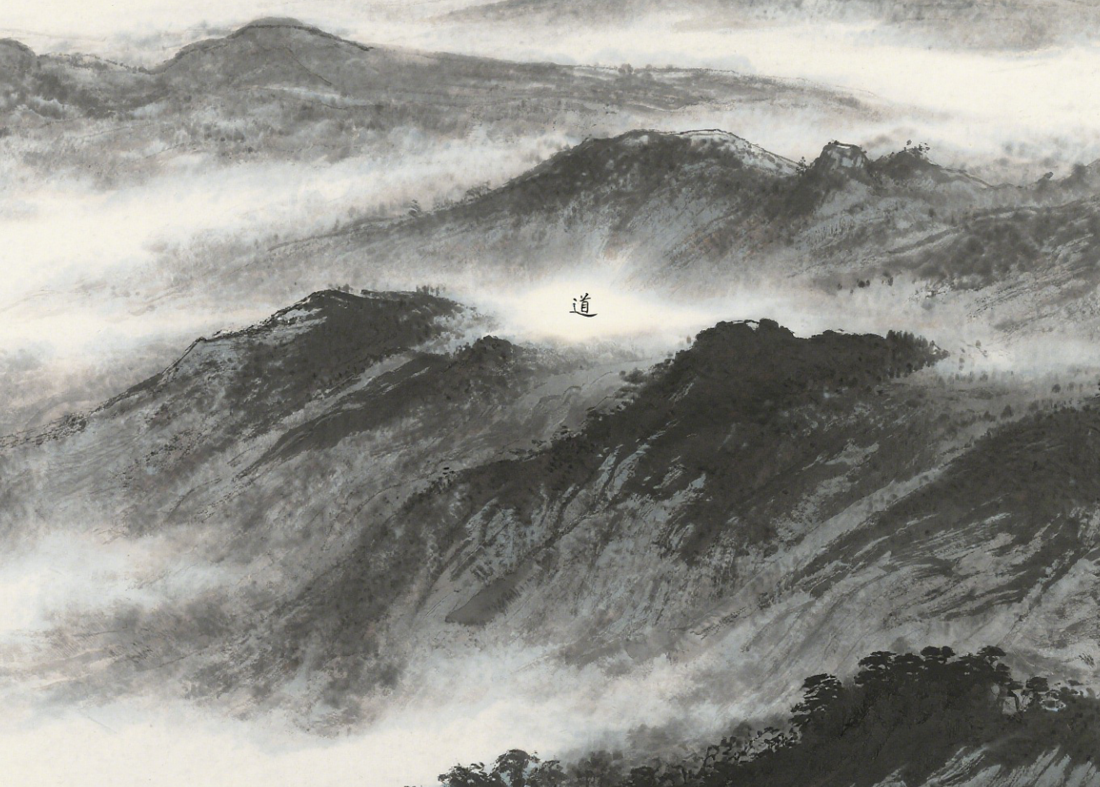Le texte chinois original
道常无名。①朴虽小,天下莫能臣也。侯王若能守之,万物将自宾。天地相合,以降甘露,民莫之令而自均。始制有名,名亦既有,夫亦将知止,知止所以不殆。譬道之在天下,犹川谷之与江海。
Le Dao, considéré comme immuable, n'a pas de nom.
✨ Recommended Taoist Talismans
Discover powerful talismans for your spiritual journey
Bien que, dans sa simplicité primordiale, elle puisse paraître modeste, le monde entier n'oserait traiter avec celui qui l'incarne comme ministre. Si un prince féodal ou un roi pouvait la garder et la contrôler, tous se soumettraient spontanément à lui.
Le Ciel et la Terre (sous son égide) s'unissent et font descendre la douce rosée qui, sans intervention humaine, atteint partout comme par elle-même.
Dès qu'elle se met en action, elle reçoit un nom. Une fois ce nom établi, on peut s'y fier. Et s'y fier, c'est s'affranchir de tout risque d'échec et d'erreur.
Le rapport du Dao au monde entier est comparable à celui des grands fleuves et des mers aux ruisseaux qui descendent des vallées.
【译文】道,永恒存在而无名,状态自然而然而未经雕琢。即使以细小幽微的状态出现,天下也没有谁能够支配役使它。侯王治理天下如果能够遵循它顺应它,那么万物就会自己归顺。天地间阴阳之气相合,就会降下甘露,黎民没有谁的命令也会自觉均享。最初的法规建立了就会产生相应的名位,相应的名位已确定了,就要知道这个名位相应的权限,知道了与名位相符的权限就不会有危险。存在于天下的道,就像河川注入的江海。
【注释】①朴虽小:本章王弼注多言'朴',据河上公《注》本、马王堆《老子乙》增。
Le Dao, éternellement présent et sans nom, existe à l'état naturel, sans avoir été façonné. Même lorsqu'il se manifeste sous une forme subtile et infime, nul sous le ciel ne peut le dominer ni le commander. Si les seigneurs gouvernent le monde en s'y conformant, alors toute chose s'y soumettra naturellement. Lorsque les énergies yin et yang du ciel et de la terre s'unissent, elles font descendre une douce rosée que le peuple partage spontanément, sans qu'aucun ordre ne soit donné. Une fois les lois originelles établies, des rangs et des positions apparaissent ; une fois ces rangs et positions déterminés, il est essentiel de comprendre l'autorité qui leur correspond. Connaître l'autorité associée à la position permet d'éviter le danger. Le Dao qui imprègne le monde est comme les fleuves se jetant dans les mers et les océans.
[Note] ① Bien que « simple » (朴) signifie petit : Dans ce chapitre, les annotations de Wang Bi mentionnent souvent « simple », sur la base des annotations de He Shang Gong et de l'ajout du texte Mawangdui Laozi Yi.



















